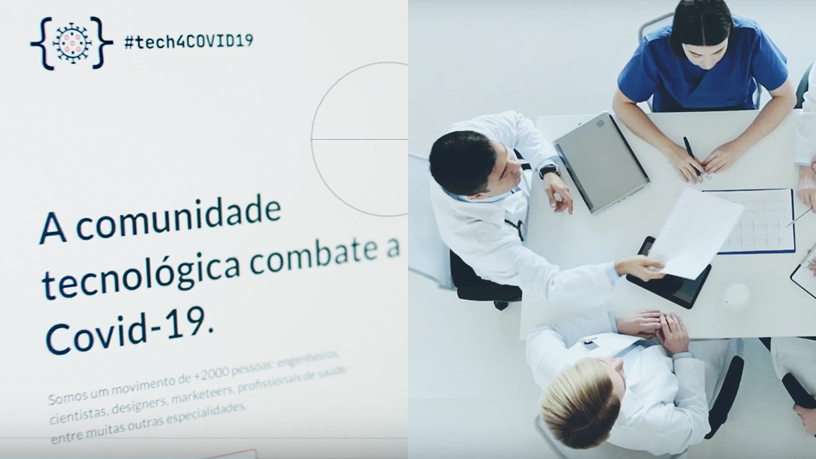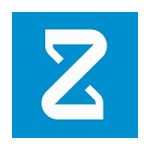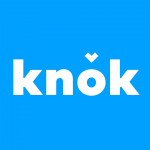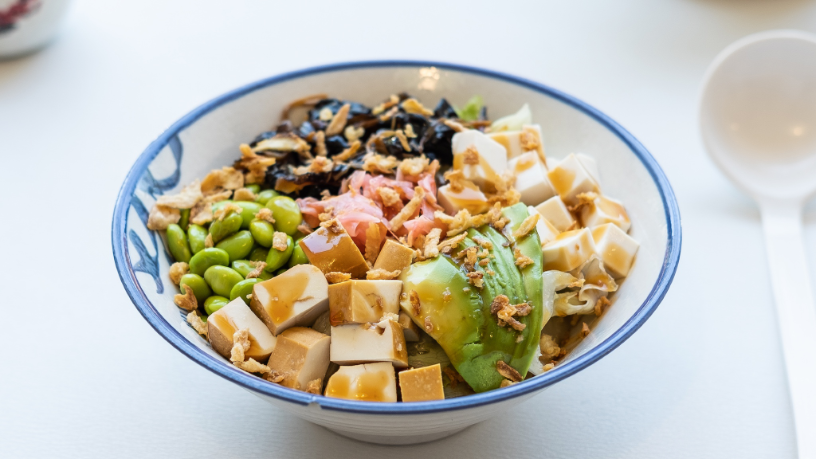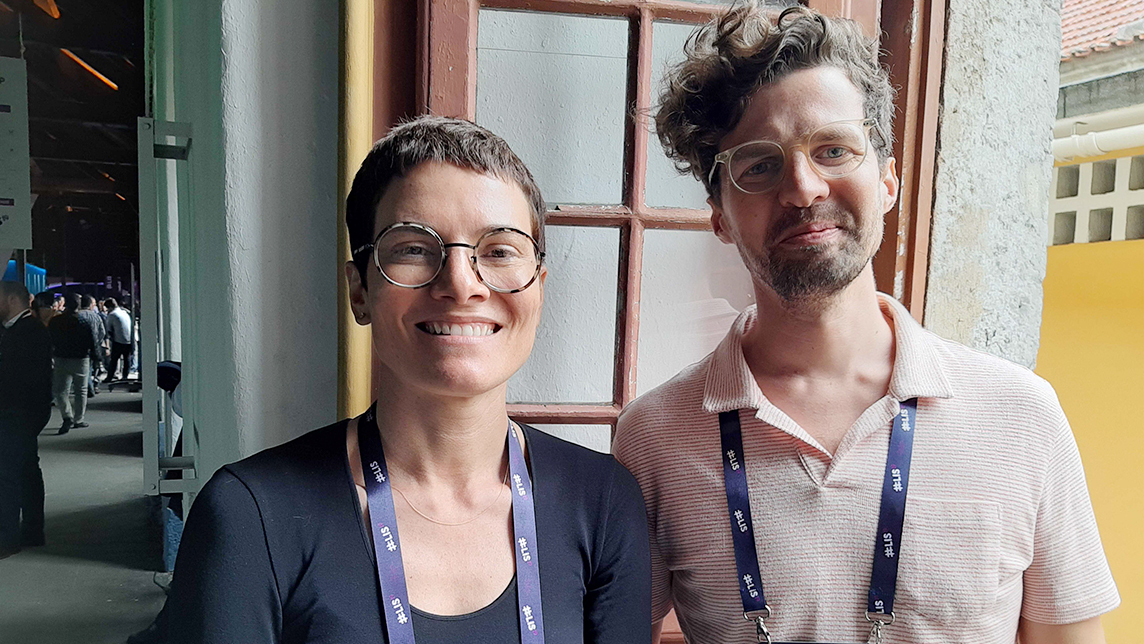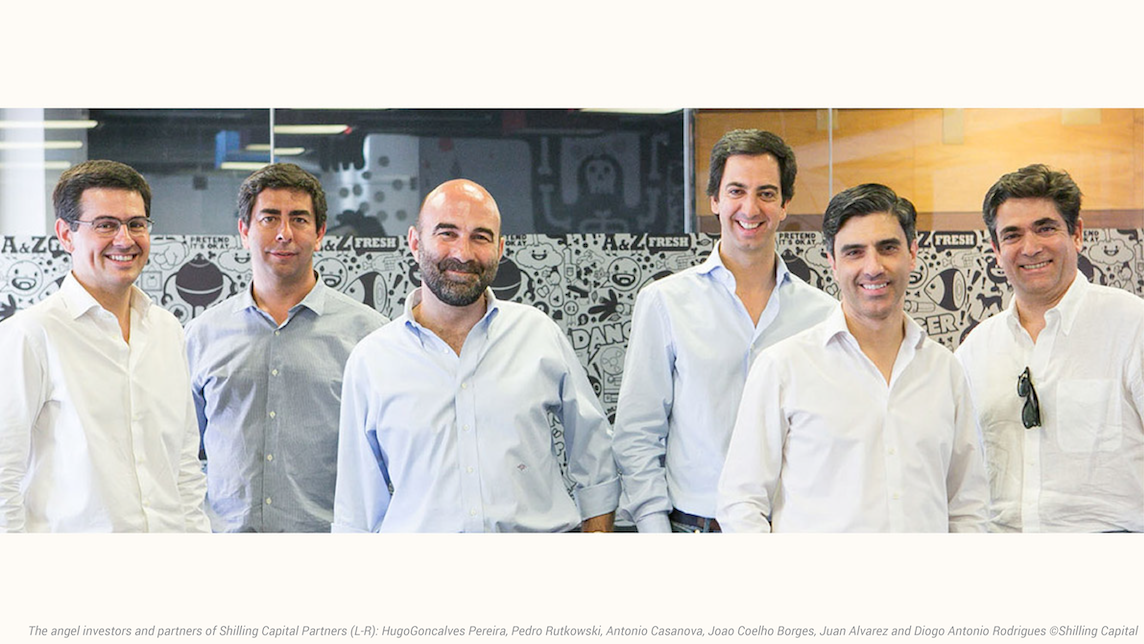Though Covid-19 infection levels in Portugal remain far below those of Italy and Spain, 2,060 cases and 23 deaths had been registered across the country by March 23. The country has avoided forcibly confining the general population to their homes as in neighboring Spain, but schools and most businesses are closed. Citizens, especially the elderly and those at risk, are being advised to stay at home.
A number of Portuguese startups are offering free access to services that are ideal for those confined at home or for those participating in national solidarity action to help the most vulnerable. Taking the lead, Portuguese public-private innovation think tank Startup Portugal is listing a series of free online events for startups to help navigate the current business environment during the coming days and weeks.
Meanwhile, more than 120 Portuguese startups and over 3,000 individuals have now signed up to the #tech4COVID19 initiative to assist in the country's response to and preparedness for the pandemic. The idea was put into action in only 48 hours and goes across tech sectors and market verticals.
Besides fundraising to help pay for purchases of ventilators and other medical supplies, the normally paid services of local startups have also been opened up for temporary free use by affected citizens under #tech4COVID19.
Participating startups include medtech Knok Healthcare, which is offering free-of-charge access to its on-demand healthcare platform that connects patients with doctors online during the pandemic. Founded in 2015 by a team including entrepreneurs and economists, Knok also offers B2B services to private health insurance companies and in-person consultations.
The company has over 12,000 customers in Portugal who, prior to the free service, paid a fee of €20 or more for an online consultation. Knok has also expanded into Spain, Italy and Brazil via partnership and was supported by a 2016 seed funding of £300,000 from London-based VC firm Mustard Seed.
Another online marketplace, Zaask, has traditionally been used for sourcing any skilled professional for domestic use, such as builders or plumbers who are in turn charged for access to the platform. Founded in 2013, and with more than 300,000 users and 50,000 professionals listed in 20 cities in Portugal and Spain, Zaask built its business model on the estimated 20–30% of the workforce who work freelance.
Free Covid-19 consultations
Now that non-delivery visits to properties have been suspended on the Iberian peninsula, Zaask announced that it has would be facilitating the hosting of free initial triage on its platform in association with local chatbot provider Visor.ai. Users are first asked a few screening questions via Visor's chatbot to reduce demand on state health services and avoid unecessary hospital visits. In the case of suspected COVID-19 infection, users are forwarded to another free service, a videoconference with volunteer doctors.
Visor's NLP and ML-powered technology was launched in 2016 and recently rolled out a WhatsApp chatbot and the ability to read emails and their attachments.
TonicApp is a one-stop information hub for medical doctors, founded in 2016 by neuroradiologist Daniela Sexias and available in Portugal and Spain. The app is free to all doctors and has a high market penetration in Portugal, with 50% of GPs and 11,000 of the nation's total 43,000 registered doctors as users. As such, it is especially well placed to help out during the pandemic.
The B2B mobile app is designed as a consultative time-saving tool for use by medical staff on-the-go, collating all necessary administrative and consultative resources from multiple sources. It is collating data on Covid-19 and is hosting a virtual triage assistant for medical professionals.
Besides the directly relevant medtech sector, there are a host of other Portuguese startups offering specially-dedicated or free services to affected citizens under the #tech4COVID19 initiative.
Free meals for the vulnerable
Cookoo – The Kitchen Hub is a Lisbon meal production and delivery service offering free delivery for lunch and dinner via its app. It was founded by civil engineer Pedro Sanches and economist Francisco Alegrias and has been in operation since 2018.
Cookoo is currently offering two-for-the-price-of-one on meal orders of €16 or over with the specific aim that its clients give the free second meal to any elderly or at-risk neighbors confined to their homes.The startup sells seven different meal concepts prepared under the same roof, including Mexican, Italian trattoria, traditional Portuguese comfort food, sushi, healthfood low carb options and a 100% vegetarian offer.
EatTasty is another Portuguese startup using under-used restaurant kitchens to provide a hyperlocal healthy meal catering and delivery service to workplaces. It gives unsold meals to local charities and is now extending its services to offer home deliveries during the Covid-19 outbreak. EatTasty celebrated its 250,000th delivery in January 2020: a huge increase of 110,000 in a little over six months and, in 2019, it secured €1.7m in seed funding.
Pandemic shifts market vertical
LUGGit is a mobile app designed for luggage delivery, whereby busy travelers can request pick-up, storage and drop-off in real-time. Designed for on-the-go business people, the company was launched in 2019 in Lisbon and Porto by former students from the University of Aveiro, a Portuguese tech innovation hub, and received €400,000 in pre-seed investment led by the Portuguese state VC Portugal Ventures.
With travelers virtually non-existent, LUGGit, has had to change its business model and has decided to forego profit out of solidarity with others. Accordingly, it has just launched Wemoveit, a new delivery service costing a flat rate of €2.50 whatever the distance or weight of objects delivered, with all monies being given to the company's delivery staff.
The idea is for the service to be used by families and friends of those in confinement to deliver food, medicine or any other items to them, avoiding contact through travel. CEO and co-founder Ricardo Figueiredo commented that their objective is to “make life easier for people in self-isolation while boosting awareness of the necessity to not go out.”
Boosting kids' problem-solving skills
Ubbu was founded in 2014 by former management consultant and dentist João Magalhães and former product designer and university professor João Montenegro. This Portuguese edtech aimed at 6–12-year olds boosts curricula results especially in math and computer science and has also recently launched in Brazil and Panama. It has improved users' math performance by 17% and was listed by the FT in its Europe's 100 Digital Champions list.
With Portuguese schools closed until further notice, the platform, which had sold over 1m licenses prior to the pandemic, has opened its resources with free access for primary schools until at least June. It has also adapted its animated video, interactive and game content usually directed at classroom use for remote use by older children and provided instructions for parents of younger users.
